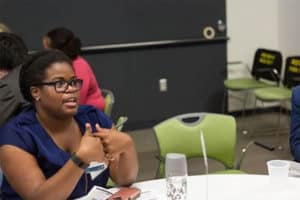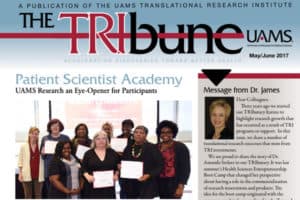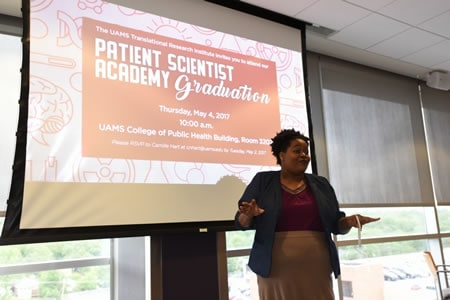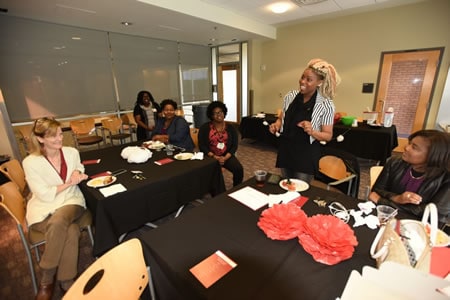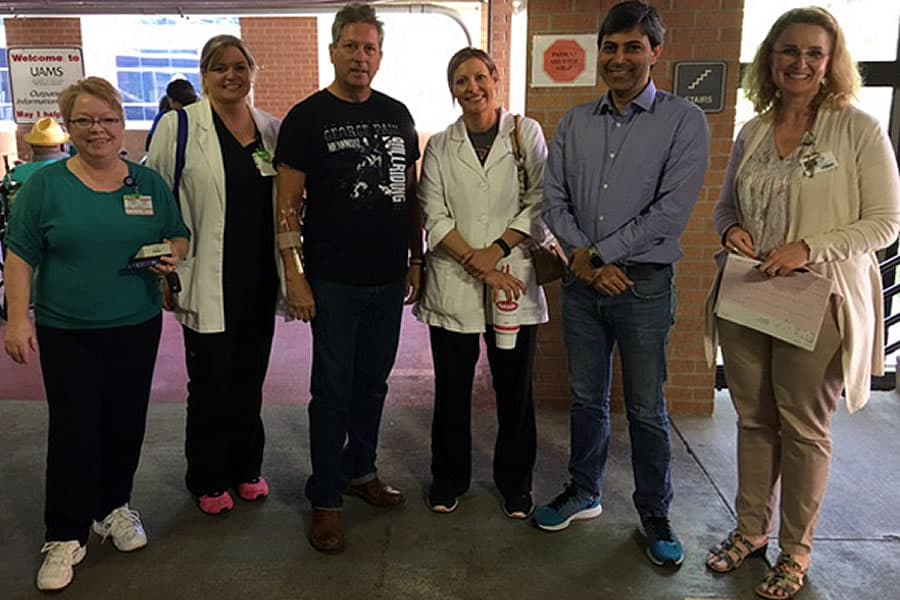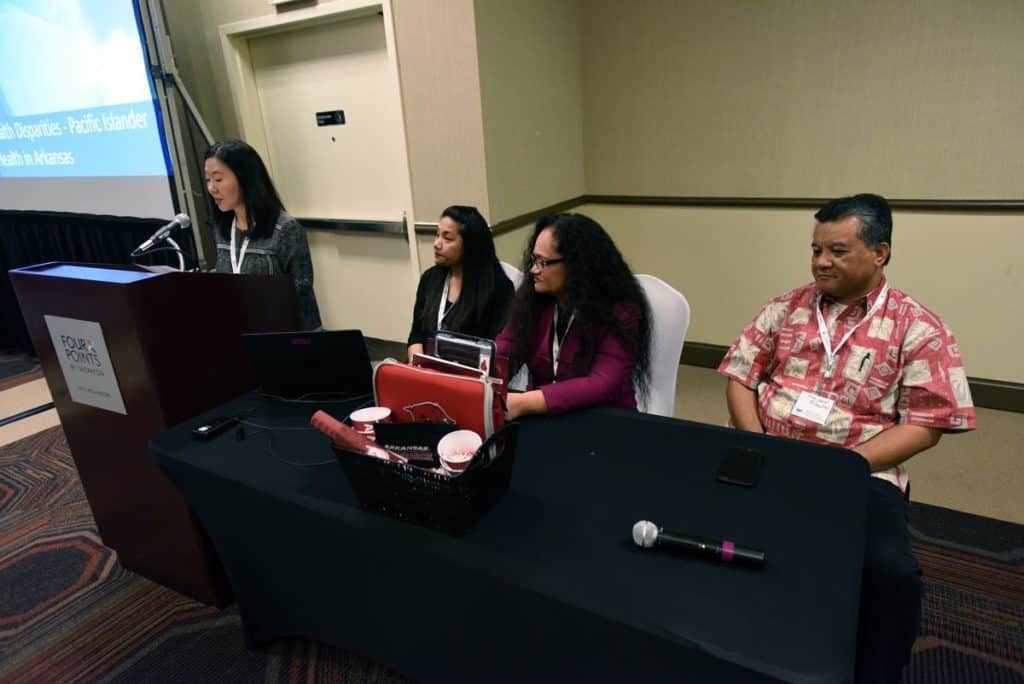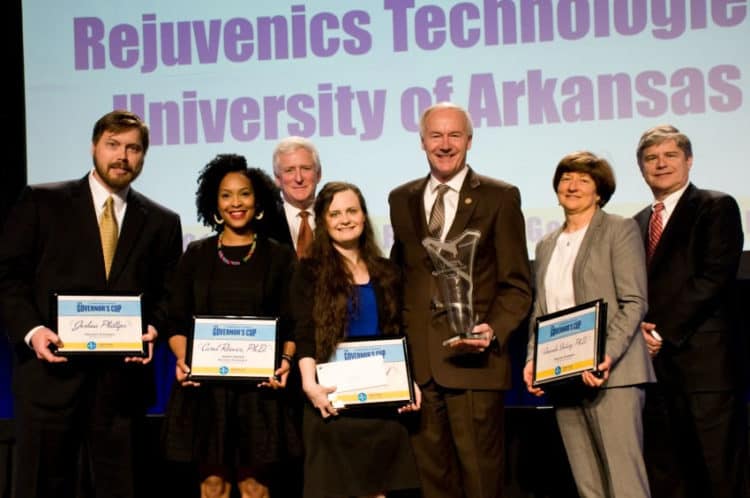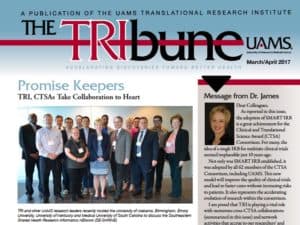The UAMS Translational Research Institute (TRI) is pleased to invite full applications for 2017 TRI KL2 Mentored Research Career Development Scholar Award Program. The KL2 Scholar Awards provide support for early career UAMS faculty with a professional degree (M.D., Ph.D., Pharm.D., D.N.P., Dr.PH., D.O., etc.) who are committed to an academic career in multidisciplinary clinical or translational research.
The KL2 Scholar Award is a two-year program of intensive training in clinical and/or translational science research, combining an innovative educational program with mentored clinical/translational science research.
KL2 Scholars will receive:
- Salary support/stipend of up to $95,000 (including fringe) per year.
- Up to $25,000 of support per year for research, tuition, travel and educational materials.
Important Dates
- August 23, 2017: KL2 Informational Session (4:00 p.m. – 5:00 p.m. Stephens Spine Institute Building 11th floor conference room, or join session via Blackboard Collaborate)
- August 28, 2017 at 5:00 p.m.: Letter of Intent (LOI) due
- September 15, 2017 at 12 p.m. (noon): Full applications due
- September 29, 2017: Awardees announced
- October 1, 2017: Scholar start date and earliest possible project start date


